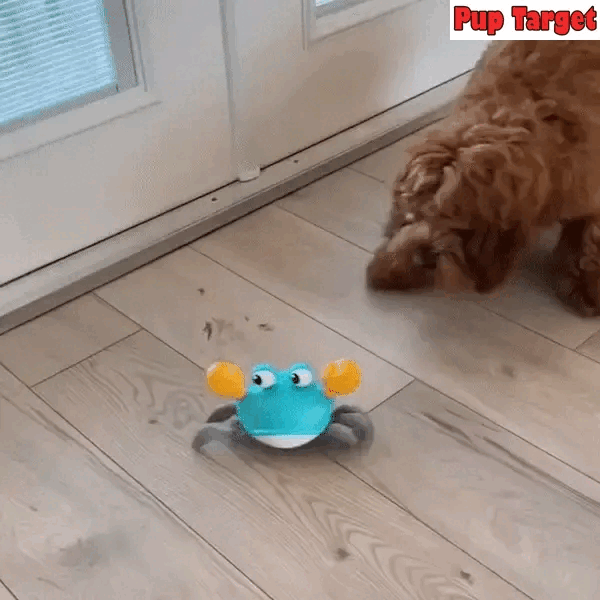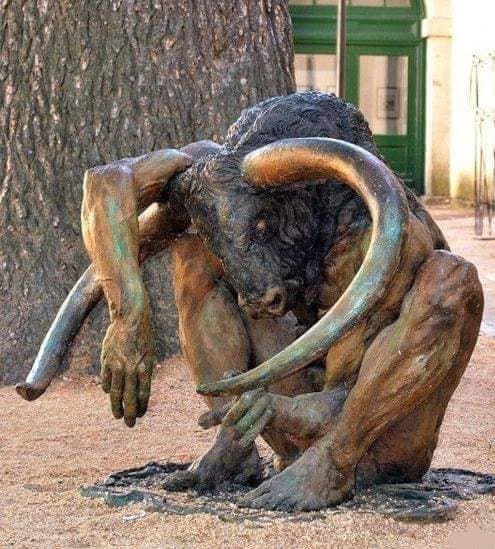Cats, with their charming and often mysterious personalities, are beloved companions in many households. However, not all cat behaviors are adorable and endearing. Some cats exhibit mischievous and destructive tendencies that can leave their owners scratching their heads in frustration. In this blog post, we will explore the reasons behind these behaviors, ways to manage them, and how to maintain a harmonious relationship with your feline friend.
1. The Whimsical World of Feline Behavior

Cats are known for their playful and curious nature. These traits are part of what makes them such delightful companions. However, these same qualities can sometimes lead to mischief and destruction. Understanding the reasons behind these behaviors is the first step in managing them.
2. The Causes of Mischievousness and Destruction

Several factors can contribute to a cat's mischievous and destructive behavior:
Boredom: Cats need mental and physical stimulation. If they're not adequately entertained, they may resort to mischief to alleviate their boredom.
Stress or Anxiety: Changes in a cat's environment, routine, or the introduction of new pets can lead to stress or anxiety. This may manifest as destructive behavior.
Lack of Proper Training: Cats, like dogs, benefit from training. Without appropriate guidance, they may engage in undesirable behaviors.
Hunting Instinct: Cats are natural hunters, and their instincts to pounce, chase, and scratch are deeply ingrained.
3. Managing Mischievousness and Destruction

Now that we understand some of the reasons behind these behaviors, let's explore ways to manage them:
Provide Enrichment: Stimulate your cat's mind and body with interactive toys, puzzle feeders, and regular play sessions. This can help alleviate boredom and reduce destructive tendencies.
Create Safe Spaces: Cats often need a space where they can retreat when they're feeling overwhelmed or stressed. Provide cozy hideaways and vertical spaces like cat trees.
Positive Reinforcement: Reward good behavior with treats and affection. This encourages your cat to repeat desirable actions.
Training and Socialization: Basic training commands can help deter unwanted behaviors. Socialization, especially when they're kittens, can make cats more adaptable to change.
4. Seeking Professional Help: When to Consult a Veterinarian or Behaviorist

In some cases, mischievous and destructive behavior may be a sign of an underlying health issue or a more severe behavioral problem. If your cat's behavior is causing significant stress or damage, or if it suddenly worsens, it's crucial to consult with a veterinarian or a professional animal behaviorist. They can help identify and address any underlying issues and provide tailored guidance.
5. Animal and Pet: Nurturing a Positive Relationship with Your Cat

In conclusion, mischievous and destructive behaviors in cats are challenges that many pet owners face. By understanding the reasons behind these actions and implementing effective strategies to manage them, you can foster a positive and harmonious relationship with your feline friend.
In the world of animals and pets, it's essential to remember that our furry companions have their unique personalities and needs. Addressing their mischievous tendencies with patience and care can lead to a happier and more fulfilling partnership. With the right approach, you can channel your cat's curiosity and playfulness into activities that strengthen your bond and enhance both your lives.










